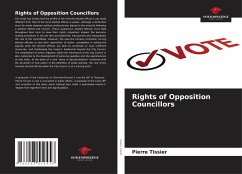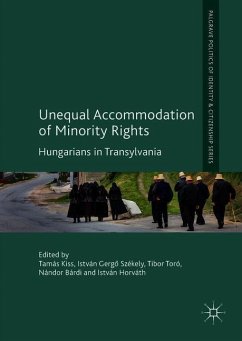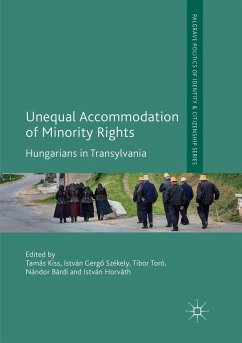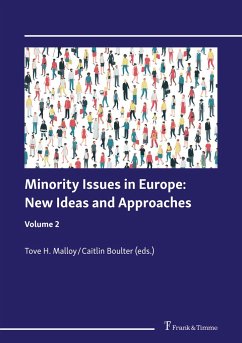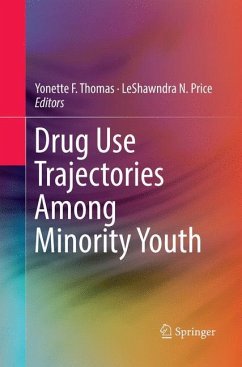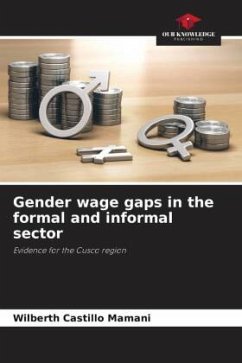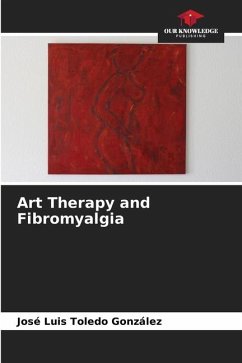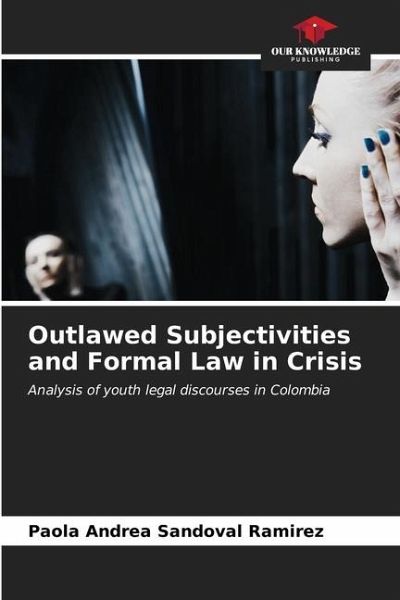
Outlawed Subjectivities and Formal Law in Crisis
Analysis of youth legal discourses in Colombia
Versandkostenfrei!
Versandfertig in 6-10 Tagen
41,99 €
inkl. MwSt.

PAYBACK Punkte
21 °P sammeln!
The Colombian law in obedience to the State political model develops in its precepts duties of conduct that seek to guide and determine the behavior of associates based on imperatives and prescriptions that regulate the relations of the individual with himself and his environment. Bearing this in mind, several questions can be raised regarding the legal treatment given to the category of youth, starting with what discourses and social practices converge in the creation of discourses of truth regarding minors as subjects of law? What is the type of citizenship that can be predicted for minors? ...
The Colombian law in obedience to the State political model develops in its precepts duties of conduct that seek to guide and determine the behavior of associates based on imperatives and prescriptions that regulate the relations of the individual with himself and his environment. Bearing this in mind, several questions can be raised regarding the legal treatment given to the category of youth, starting with what discourses and social practices converge in the creation of discourses of truth regarding minors as subjects of law? What is the type of citizenship that can be predicted for minors? In the same sense, how do minors learn the diachrony between social reality and norm? Given the legal presumptions regarding the capacity of minors, could the study of the subjective development of the young offender be configured as a criterion of normative application, in order to make the legal structure more flexible in the face of the social realities it intends to regulate?





